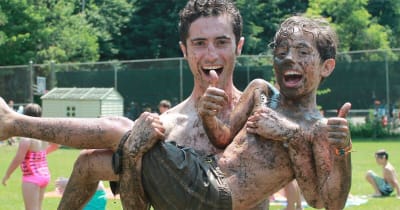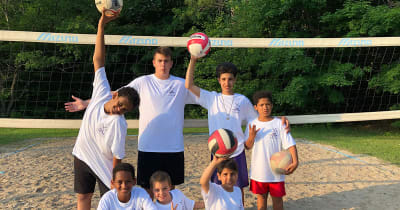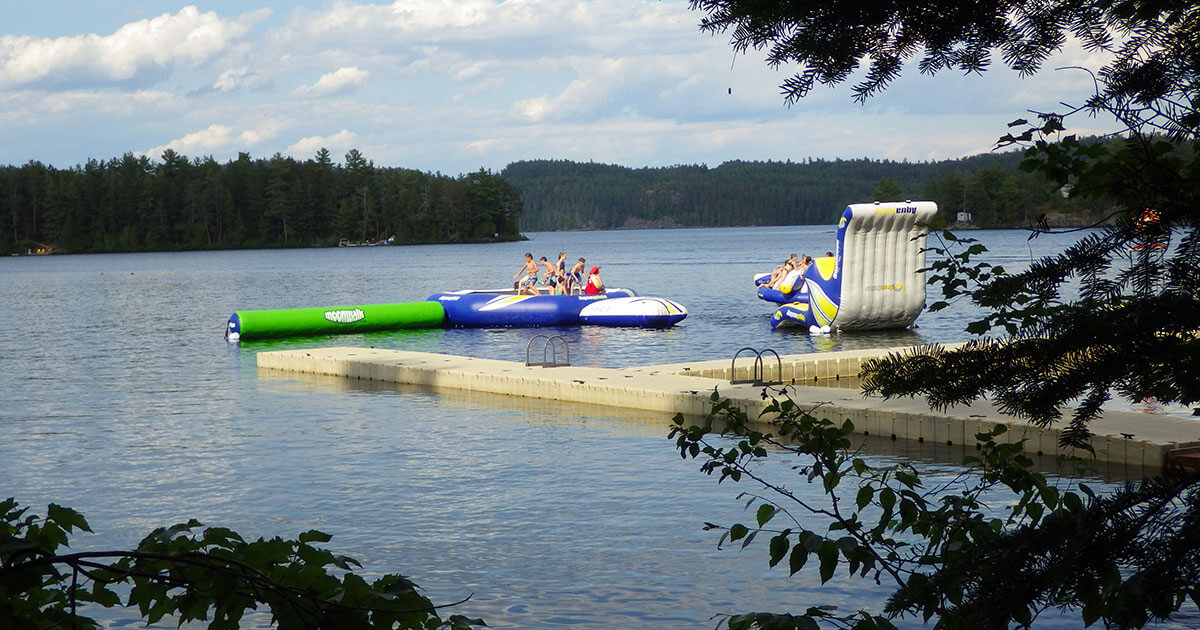Explore how camp helps kids develop these character traits
Ginsburg returned to the camp many times, including virtually in 2015, the same summer the US Supreme Court was deliberating on gay marriage. ("Even with everything going on," the director recalled, "she found the time to do that for us.") Into her later years, Ginsburg could still sing the camp song and apparently often did, not because camp was fun—though no doubt it was—but because it was important. She developed her sense of self and her duty to others in an immersive setting: She became humane through experiencing a humane environment; she formed connections to others in a setting that was specifically designed for that purpose. It was where she became the version of herself that the world,through her life and work, would come to know. Today we call it character education. When Ginsburg was young, they simply called it camp.
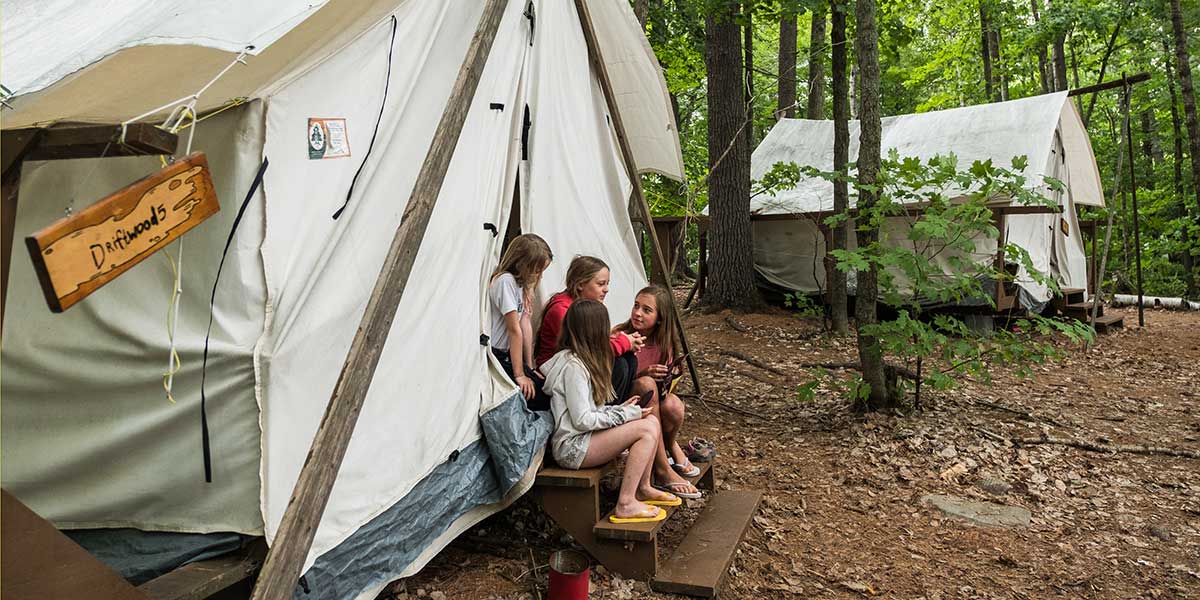
While it’s easy to recognize character—we know it when we see it—it’s a concept that’s famously difficult to define. Harder still is to understand where it comes from. New York Times columnist David Brooks commented that even when he wrote his book The Road to Character, “I still believed that character is something you build mostly on your own.” You find your faults and then, “mustering all your willpower, you make yourself strong in the weakest places. … You do your exercises and you build up your honesty, courage, integrity, and grit.”
There’s really the space to maybe try on different hats … you can explore what it means to be you, and your humanness.”
— Shannon, alumnus, Camp Mi-A-Kon-Da
Five years later, he admits his error. As he outlines in The Second Mountain, character “is not something you build sitting in a room thinking about the difference between right and wrong” but arises as a consequence of the relationships we have with others. “If you want to inculcate character in someone else,” Brooks writes, “teach them how to form commitments … commitments are the school of moral formation. … You surrender to a community or a cause, make promises to other people, build a thick jungle of loving attachments, lose yourself in the daily act of serving others as they lose themselves in the daily acts of serving you.”
Community, attachments, serving others as they serve you—when camp professionals are asked to define camp, it’s telling that those are the kinds of things they talk about first. "You find yourself surrounded by this new kind of ethos," says Johnny Wideman, executive director of Willowgrove Day Camp. "It kind of gives a general reset to your values, to what you feel is important." He sees camp as a window into a new way of seeing the world and our place within it. "I think it's the most effective way of community building to actually connect with other people, empathetically and compassionately, and to do that outdoors, to build an appreciation and future of caring and protecting the environment. I think that’s basically all of the building blocks we need to make our communities and the world better."
John Jorgenson , long-time camp director and president of the International Camping Fellowship, agrees. "That's really the point of growth that camp offers. It’s that transition stage where you really go from a mecentred experience to a we-centred experience: being able to read others, being able to understand the emotional needs of others, [learning] that emotional and social intelligence are the things that camp can give at a very critical time in most kids' lives."
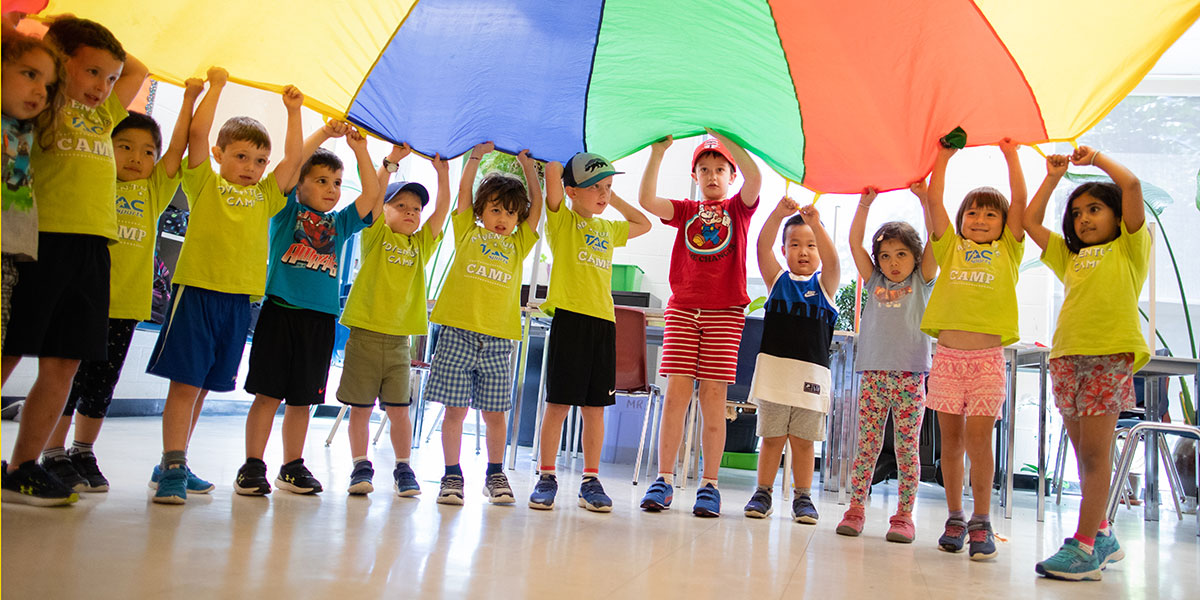
It’s important. "Today’s children will need a balanced set of cognitive, social and emotional skills in order to succeed in modern life," says a report by the Organisation for Economic Co-operation and Development (OECD). "Their capacity to achieve goals, work effectively with others and manage emotions will be essential to meet the challenges of the 21st century." For Jorgenson, "it equipped me to try new things, and that willingness to kind of come to the edge of what I was comfortable with, and to look a little bit beyond that, that’s served me my entire life."
David Brooks spent 15 summers at camp, much as Ginsburg did, as a camper and, later, a counsellor and a staff member. He’s described camp as "the most successful institution I’ve ever been involved with." His experience there has informed much of his writing about character, which has been extensive. "I’ve never been to a place where race and class mattered less," something Brooks says he feels contributed to its value in his life. (In that sense, camp continues the goal of public schools as New York governor William Seward described them in the 1850s: the “great levelling institutions of the age … not by levelling all to the condition of the base, but by elevating all to the association of the wise and good.”) Says Brooks, his camp would take "kids out of the familiar context of their lives and stick them in tents in the forest, where they have to cook two meals a day over an open fire and socialize with people nothing like themselves." There were the children of wealthy New Yorkers alongside, as Brooks says, poorer kids from the outer boroughs, some of whom had never before seen a starry sky. For everyone, it was time spent outside the normal structures of their lives, where everyone learned something new about the world and about one another. It was, more than anything, a place where young people lived within an environment that organized itself around a distinct set of priorities, and where they were immersed in an ethos of mutual care.
What Brooks has come to know intellectually is something camps have known all along: Character isn’t a lesson to be learned but a way of living. As educator James B. Stenson has written, "Children develop character by what they see, what they hear, and what they are repeatedly led to do." Camp is created quite literally to do those three things: show them, tell them, and involve them in what it means to live well with others.
And that’s, ultimately, the power it has as an institution. Acquiring values and building character are the things that distinguish camp experiences from any other in a young person’s life, precisely because that’s what they’ve been designed to do. Whether it’s an overnight camp deep in the bush or a coding camp in the heart of a city, camp is about providing space—both physical and mental—to discover who we are; it’s where we admire the values we see expressed in the action of others, and then learn to express them in our own; it’s where we find the kind of life we’d like to lead, and discover communities that share our aspirations. At the end of the day, it isn’t so much what kids do at camp, fun as all that is, but what camp does to them. “Our conversation [with parents] is, ’What do you want your child to look like at the end of her time at camp?’” says Patti Thom, director of Camp Tanamakoon. “That’s where it starts.”
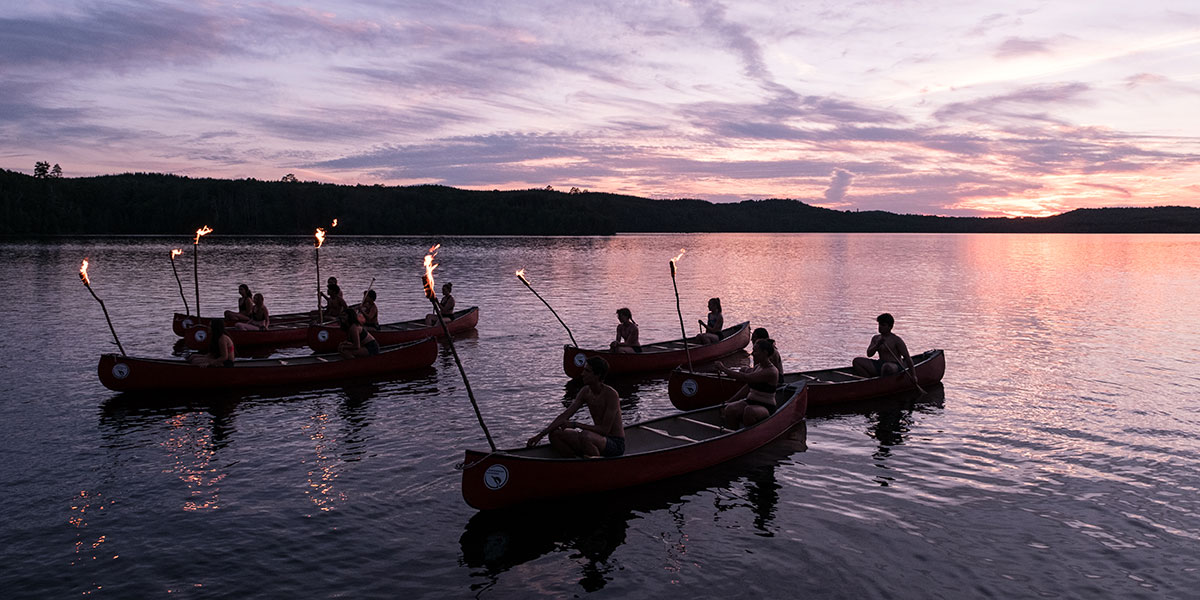
Below, find a summary discussion of each character trait, with links to pages that fully explore each, along with a list of camps that help kids' grow in that trait.
Character education by trait
Courage is the “ability to stand” or take action in the face of “adversity, uncertainty and uncomfortable feelings like anxiety, fear and pain,” says registered social worker, Sarde Matti. Hailey, a young woman camper, says she’s learned important lessons in courage, at her girls only camp. Find camps that promote courage, and learn how to develop this worthwhile trait.
Creativity, says education coordinator, Rhea Deosaran, is much more than beautification of the environment or using creative works. It means employing “unique and unconventional” thought to recast things. Kavya, a young chef’s camp camper tells of specific instances at camp where creativity was modeled for her. Find camps that help kids develop creativity, and learn more about what this trait means today.
Curiosity, says Aaron Lamontagne of Academie Duello’s Knight Camp is a quality held by “the best people in the world.” Asking why and fully exploring interests simply makes people better. Find camps that promote curiosity, and learn the importance of encouraging this character trait.
Generosity is “a value of the spirit,” says Gina Faubert of Radiant Girls. For her, the ability to contribute and provide value to the lives of others is a key indicator of personal success. Sophie Schneider, parent of a Consciousness For Kids camper, thinks it’s “key for a child’s development.” Discover camps that promote generosity and learn how those camps develop this trait.
Independence is “the ability to make one’s own decisions and accomplish tasks all by oneself.” Emilia Antunes saw her daughter develop self-reliance and independence at COOKSMART camp. Parents often focus on the development of this trait as a critical benefit of the camp experience. Discover camps that promote independence, and learn how camps develop this important trait.
Interpersonal skills include communication combined with the “the ability to control emotions” and stems from “positive interactions they’ll have with their peers, teachers and friends,” says Leigh King, a day camp manager at the YMCA of Greater Toronto. Alice Wiafe, psychotherapist at Positive Kids calls this “probably the most important piece [of kids’ personal development].” Both see the social environment of camp as critical in fostering these skills in children. Find camps that promote interpersonal skills and learn how these are encouraged in settings like kids’ camp and programs.
Physical literacy, says Natalie Toman of ParticipACTION, entails more than just exercising and staying active, it’s the learned “feeling of confidence” that results, along with “wanting to engage [mindful activity] for the rest of your life.” Discover camps that promote physical literacy and explore the full value of this character trait.
Religious faith is a set of the “particular beliefs and assumptions about the way the world works ... and how we [act out beliefs],” says Chantal Huinink, a Registered Social Worker. Faith can teach children to be sympathetic to others, and fosters morals, ethics, and respect. Discover camps that promote religious faith and learn more about this character trait.
Resilience is the ability to “go forward in spite of difficulties” spurred on by an inner “strength in convictions,” says licensed clinical social worker, Tracey Grose. Chantal Vaidyanath believes that “the camp environment is really important for” her daughter, “to develop resilience” away from “the usual support and guidance” of parents or teachers. Find camps that promote resilience, and learn ways in which it encourages this critical personal trait.
Responsibility, according to author Audrey Monke, consists of kids “learning to do tasks for themselves without requiring constant supervision or needing to be reminded [or] watched.” Sherri Cully, mother, loves the way camp has helped her daughter "own her actions.” Find out more about developing this trait in children and discover camps that help kids develop responsibility.
Self-regulation can be defined as “a broad set of skills that allows kids to manage difficulty in their day-to-day lives,” by Una Malcolm, director of Bright Light Learners. Camper Erick says it helps him “balance his emotions.” Discover camps that help kids learn self-regulation and learn how they do so.
Tolerance is "a basic understanding that difference is the norm and no two people are alike,” says Monica, mother of a Vancouver camper. Tolerant people “[lean] into difference and getting to know all of the ways that people operate in the world.” Learn more about developing this trait in children and discover camps that promote tolerance.




